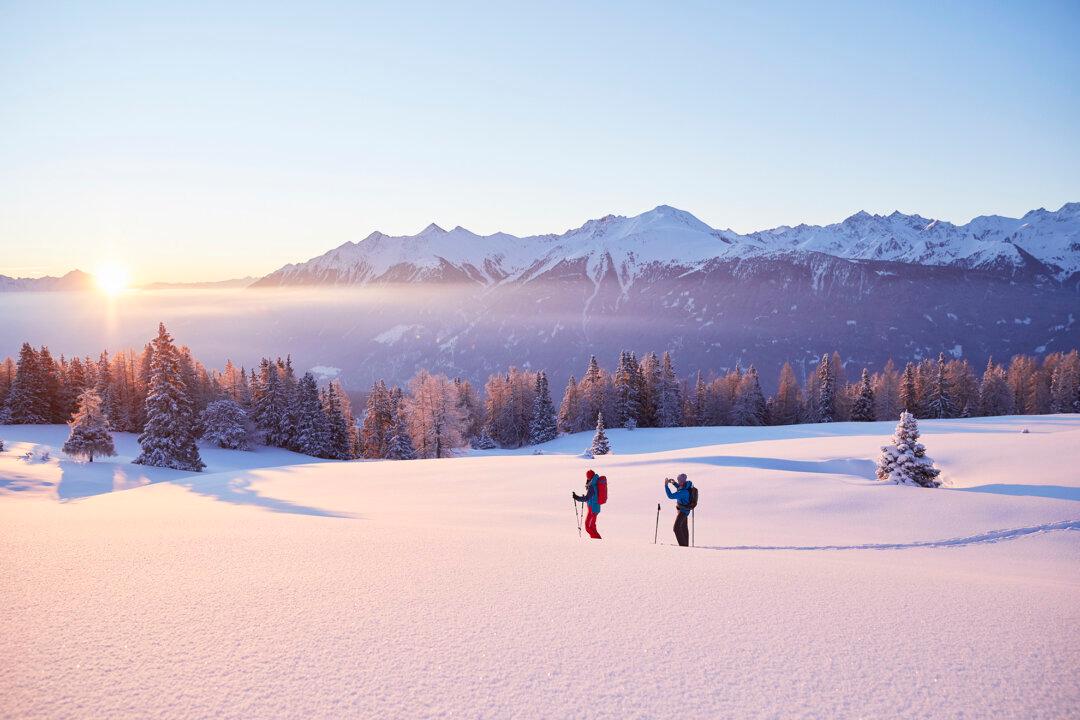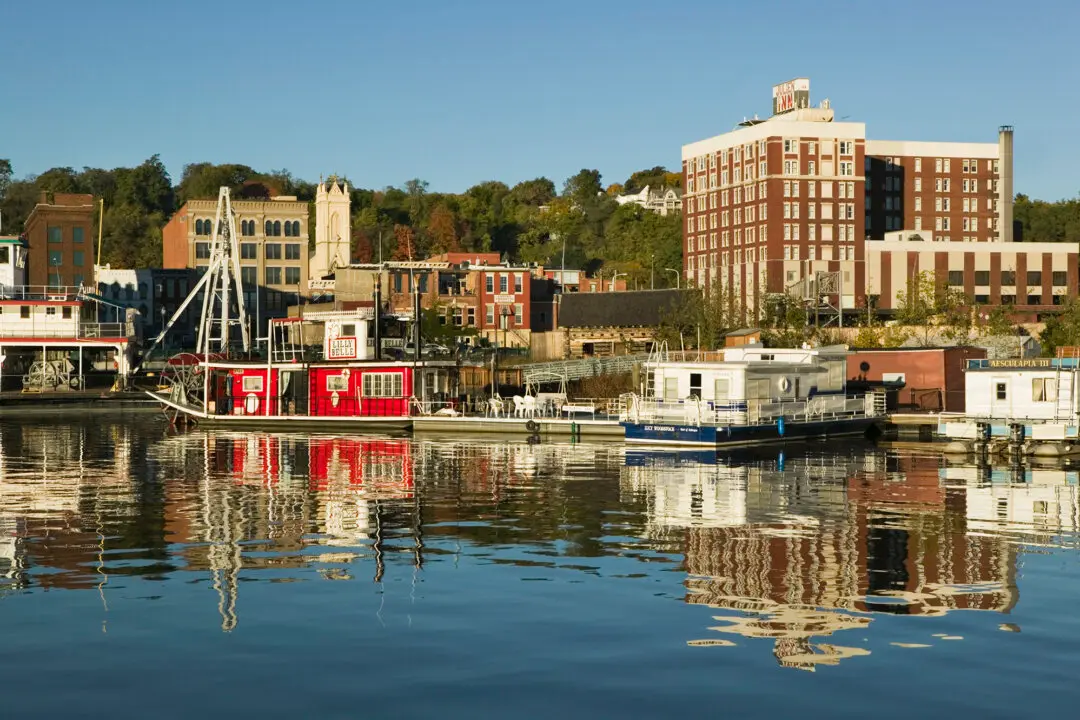The February wind held a chill but the sun felt warm enough to melt ricotta as Giovanni and I drove through the winding roads up from the Ionian coast on a beautiful day in Calabria, at the toe of Italy’s boot.
Giovanni, a 30-year-old pub owner, was my student where I was teaching English in Reggio at the time. On free days, he taught me about life in southern Italy. That day, we’d gone in search of a village called Gallicianò, but when we found a road sign, it was written in Greek.





